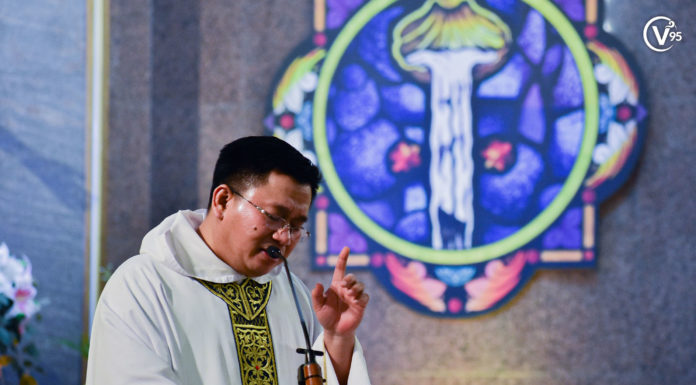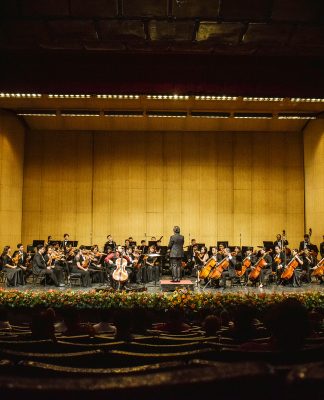DURING EDSA II, UST was among institutions to protest corruption and urge President Joseph Estrada to resign. Now, with the Philippines tagged as one of the most corrupt countries in Asia, the University’s Center for Contextualized Theology and Ethics (CCTE) has joined in a national watch against corruption in procurement.
State procurement refers to the acquisition of supplies in government projects. Managed by a bidding and awards committee (BAC) in each government agency, procurement consists of three steps: proposal, bidding, and project implementation.
“Corruption takes place in all these stages,” Pablito Baybado, Jr., assistant to the director of the CCTE, told the Varsitarian. He said corruption may come in the form of overpricing in the proposal, bribery or grease money during bidding, and use of substandard materials in project implementation.
A June 2002 study of Social Weather Stations says that 30 to 50 per cent of government funds for procurement are lost to corruption.
This year, the Government Procurement Policy Board-Technical Support Office gathered all interested parties to form the “Civil Society Observers”, a group that will man procurement watches. The volunteers shall be put under an umbrella organization of NGOs, professional and academic organizations.
“UST will facilitate in the formation of the procurement watch system,” Baybado said. “There is a need to institutionalize the active observations,” he said.
Three meetings have already been held to create the central organization, two of which took place in the Thomas Aquinas Research Complex last Oct. 7 and 20. The roundtable discussions focused on the formation of an observation system and the assistance of the World Bank in procurement observation.
“In the meetings, there was the realization that the major cause of corruption is the moral decadence of society,” Baybado explained.
The CCTE aims to train the pool of watchers through “value engineering”—by taking part in the value formation and skills-training observers need in their work.
Baybado wants to empower observers to stay committed and despise kickbacks from corruption.
The CCTE agrees that the lack of involvement in important issues is a problem area. He stressed the need for people to speak up and take part in solving social problems.
“Here in UST, if it werent for you (the Varsitarian) that delves into important issues, a lot of things would go unnoticed,” Baybado said. Rica May M. Forto












